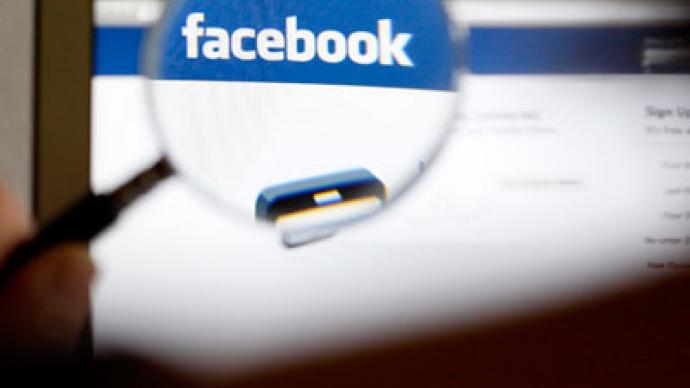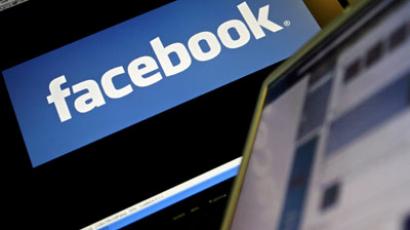Facebook makes you fat

For those looking to lose weight, take note: a new study found that using the social networking site Facebook lowers people’s self-control, making them more likely to gain weight, spend more money and have lower credit scores.
Facebook members who use the network to keep in touch with close friends tend to care about what these friends think and are likely to see a boost in self-esteem. But this increase in self-worth alters users’ consumer behavior, causing them to grab an unhealthy snack or make more expensive purchases.“Because consumers care about the images they present to close friends, social network use enhances self-esteem in users who are focused on close friends while browsing their social network. This momentary increase in self-esteem leads them to display less self-control after browsing a social network,” wrote research authors Dr. Keith Wilcox and Dr. Andrew T. Stephen of the University of Pittsburg.The two researchers, who are both professors of marketing, conducted five studies on 100 Facebook users to determine how use of the social media giant affected the lifestyles of the study participants. Those who spent more time on Facebook generally had a higher body mass index, increased levels of binge eating, higher levels of credit card debt and a lower credit score. One particular study found that those who browsed Facebook for five minutes were more likely to choose a chocolate-chip cookie over a granola bar as a snack.While Facebook may boost self-esteem by making users feel popular or happy about their image, the good feelings may not be worth the consequences. Wilcox calls the crash in self-control, which leads to impulse decisions, the ‘Facebook effect’. This effect is most pronounced among those whose social networks are made up of very close friends and who receive encouragement in the form of “likes” and comments.But a loss of self-control isn’t the only consequence of spending too much time on Facebook. Users are more likely to act rudely online or lash out at others over a disagreement, in a manner that the researchers concluded was similar to those impaired by alcohol.“Think of it as a licensing effect: You feel good about yourself so you feel a sense of entitlement,” Wilcox told the Wall Street Journal earlier this year. “And you want to protect that enhanced view, which might be why people are lashing out so strongly at others who don’t share their opinions.”And if weight gain, rude behavior, credit card debt and low credit scores aren’t enough to convince users of the negative effects of Facebook, a second study shows that Facebook users are more likely to suffer from psychotic episodes. By seeking comfort in virtual relationships, some users who are predisposed to mental health issues may develop delusions regarding their connections with the people they virtually interact with and can cause insensitive behavior, according to researcher Dr. Uri Nitzan from Tel Aviv University’s Sackler Faculty of Medicine.But for most users, loss of self-control is the more serious concern. Results of the study will be published in the June 2013 issue of the Journal of Consumer Research.














